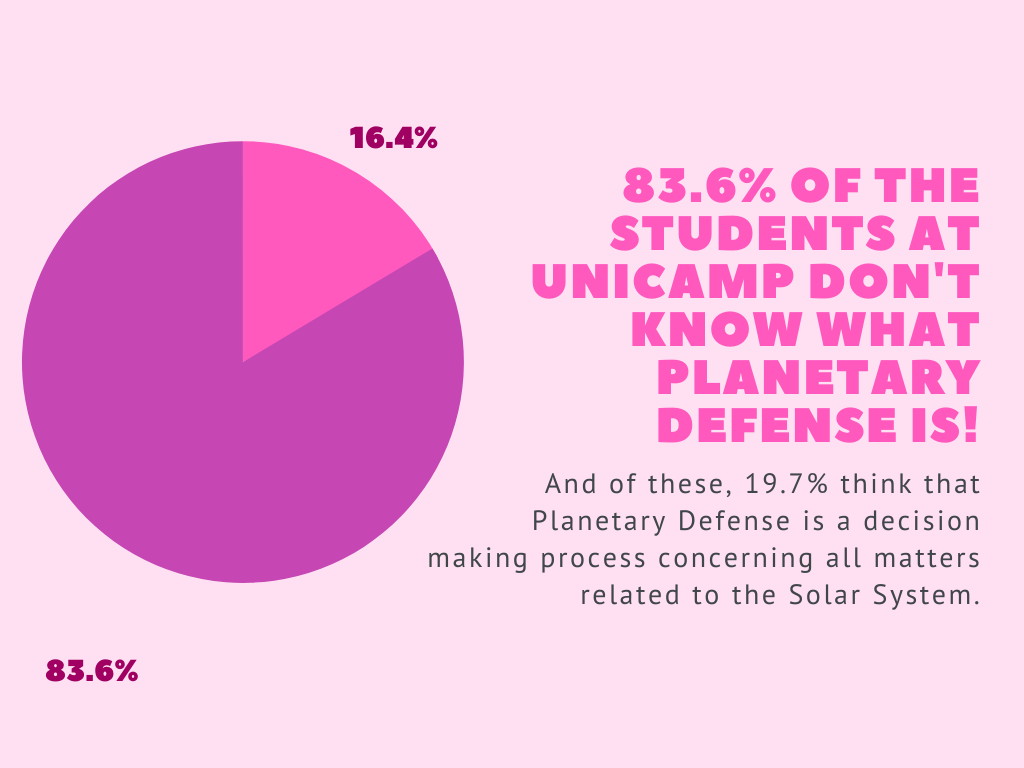Planetary Defense: Public Perception and How to Communicate
- 1Geosciencie Institute, University of Campinas, Campinas, Brazil (joduda2009@hotmail.com)
- 2Fundação de Amparo à Pesquisa do Estado de São Paulo, São Paulo, Brazil
Asteroids have inhabited the Solar System since its formation, and some of them may pose risks to life on Earth due to the possibility of collision with our planet. The most emblematic case of a catastrophic impact, with very significant implications for life, is the asteroid that struck the Earth 66 million years ago, forming the Chicxulub crater in the Gulf of Mexico, and causing the extinction of about 75% of all life forms on Earth. But despite this and several other events that continue to occur on smaller scales, this theme is rarely addressed by sciences, especially in Brazil. When approached by the press, it is usually under an alarmist and poorly grounded from the point of view of science.
This research aimed to analyze the level of awareness related to the importance of planetary defense among university students, as well as on ways to properly communicate the characteristics and risks related to this phenomenon to society. Besides searching for ways to defend the Earth from a possible future cosmic impact, one of the main goals of Planetary Defense is to make the population aware of its characteristics, frequency of occurrence, risks and consequences.
We focused on this subject using Science communication strategies, such as the creation of an Instagram page, where it was sought and perfected to put together posts about Planetary Defense in a simple way to reach non-specialist audiences. Thus, forms and languages have been sought to convey the facts surrounding meteoritic impacts in a way that they can be understood by the population, thus attracting the necessary attention and avoiding possible misinformation and/or panic.
We employed a semi-quantitative methodology that begins by presenting what asteroids and comets are, showing simulations of large impact events, and detailing physical phenomena arising from encounters between asteroids and the Earth. Measures to protect the planet were also analyzed and how institutions such as NASA (National Space Agency, United States) and ESA (European Space Agency, European Community) have contributed with research and equipment for planetary defense.
In addition, we combined this methodology with a semi-structured survey questionnaire. The survey was aimed at investigating society's perception of the potential risks of impacts of celestial bodies against the Earth, using students enrolled at the State University of Campinas (Unicamp, Brazil). as a sampling population.
The survey´s results refer to a total 150 responses, Fig. 1 shows that the large majority of the UNICAMP’ students don’t have previous knowledge of the concept of Planetary Defense, and that they also do not consider the topic as relevant. This shows the need for awareness dissemination regarding the risk of asteroid impacts, the only natural disaster that can be predicted in advance.

Figure 1: Survey questionnaire about society's perception of the potential risks of impacts of celestial bodies against the Earth.
As part of the study, a series of activities were developed at the University of Campinas to mark Asteroid Day 2022, celebrated annually on June 30th. During two days, a number of guest speakers presented topics related to Planetary Defense to an audience comprising Unicamp´s students and faculty members, as well as the general public, mostly high-school students and school teachers. The results contributed significantly for raising the awareness about planetary defense and for disseminating the scientific knowledge on asteroid impacts and their risk to Earth and to humankind.
Still part of Asteroid Day 2022, a series of interactive activities were developed with children at the city of Campinas Planetarium. These included workshops on rocket launching towards "asteroids", for transmitting the concept of the DART Mission to the kids and their parents. Presentations were also made on general themes about planetary sciences, as well as an astrophotography workshop held at the Campinas Municipal Observatory.
Although the study is still in progress, our preliminary conclusions are that there is very scarce knowledge of what Planetary Defense is, or recognition of its importance, even among higher education students of one of the most prestigious universities in Brazil. This shows how much Planetary Sciences are undervalued, and particularly, the theme of Planetary Defense. We expect that, by the end of this study, adequate ways will be exploited for disseminating knowledge on these topics.
How to cite: Mistro, M. E. T., Crosta, A. P., Costa, J. O. P., and Schmidt, S. C.: Planetary Defense: Public Perception and How to Communicate, Europlanet Science Congress 2022, Granada, Spain, 18–23 Sep 2022, EPSC2022-682, https://doi.org/10.5194/epsc2022-682, 2022.

